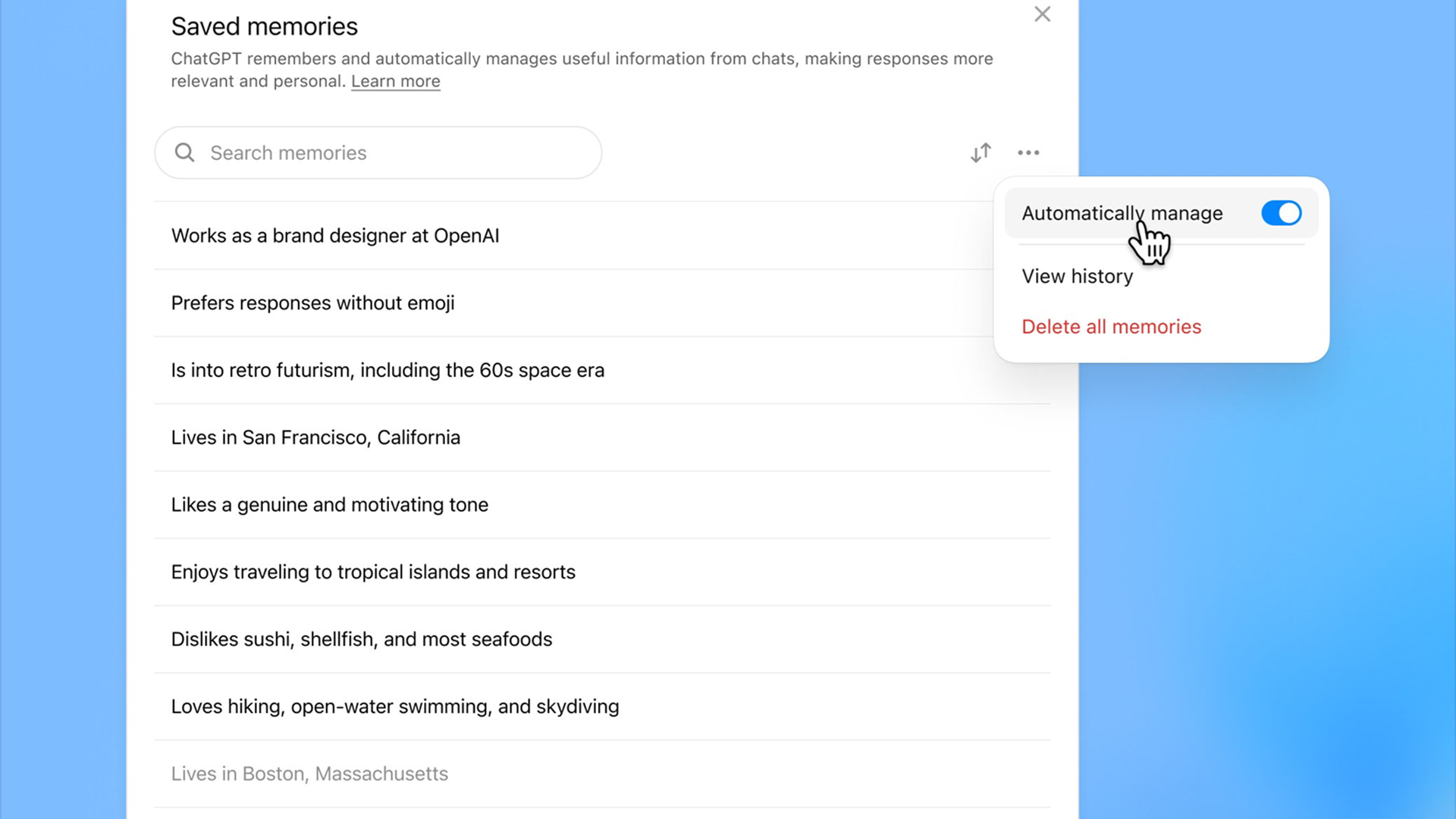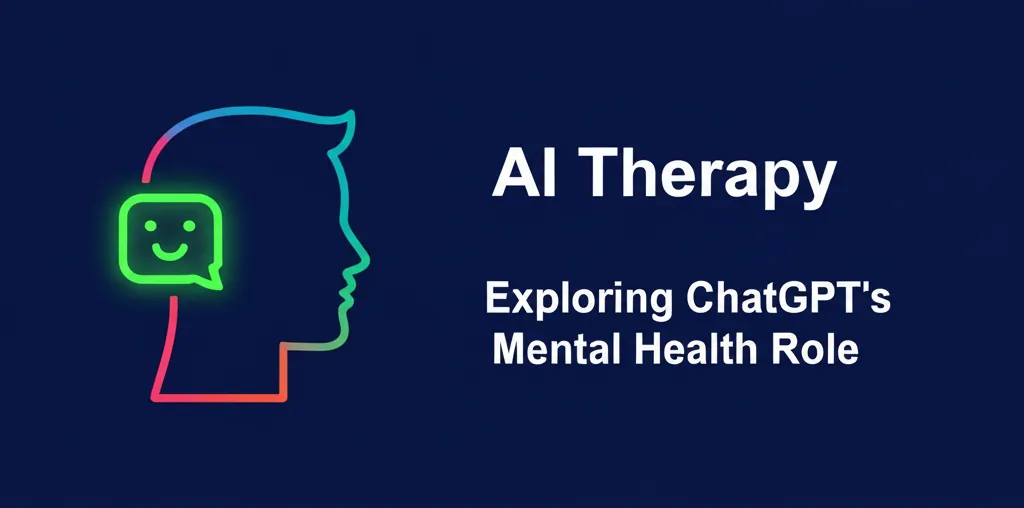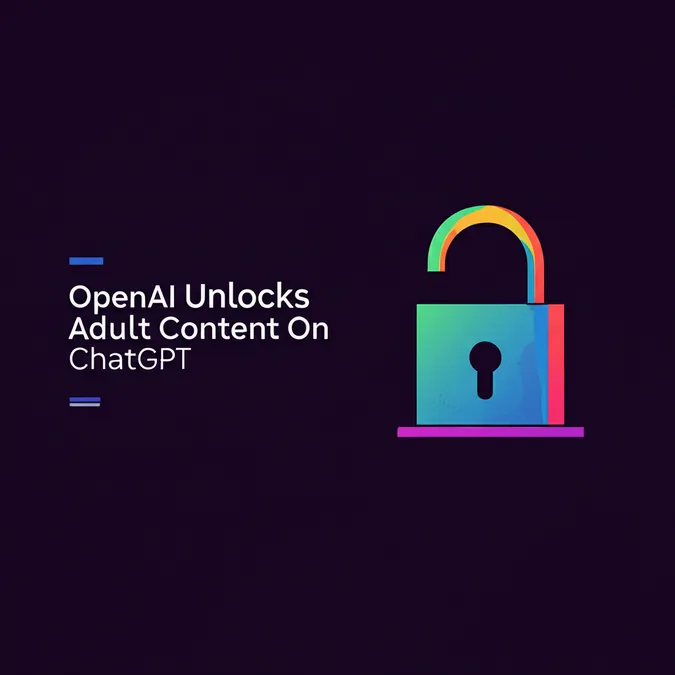Developer Offer
Try ImaginePro API with 50 Free Credits
Build and ship AI-powered visuals with Midjourney, Flux, and more — free credits refresh every month.
How Forgetting Makes ChatGPT Smarter Than Ever

The Challenge with Perfect Recall
ChatGPT’s memory feature was a significant leap forward for the AI chatbot, allowing it to retain facts from conversations and create a personalized experience. It could remember your name, your job, and even your coffee order. However, this powerful tool came with its own set of challenges. As ChatGPT accumulated information, users had to manually manage, review, and delete memories to keep things relevant. Neglecting this digital housekeeping could lead to a frustrating “memory full” message, turning a convenience into a chore.
This system required users to act like diligent librarians for their AI, constantly curating its knowledge base. For power users, the benefits were clear, but for the average person, it was often too much work. The more you used the feature, the more maintenance it required, creating a barrier to its long-term usefulness.
Introducing Smart Prioritization
In a major upgrade, OpenAI is now giving ChatGPT's memory the ability to forget—or more accurately, to prioritize. The AI will now automatically manage its memories, deciding which information is most relevant and should remain top-of-mind. This process is inspired by how the human brain works, focusing on information based on how recently and frequently it has been mentioned.
For example, if you've been discussing toddler sleep schedules all week, ChatGPT will keep that information readily accessible. But that sourdough starter you were obsessed with back in June? It will quietly fade into the background. This all happens automatically, freeing you from the need to constantly prune your settings. This deceptively simple update pushes ChatGPT from being a reactive tool to one better designed for long-term, continuous interaction.
You Are Still in the Driver's Seat
While the memory management is now automated, OpenAI ensures that users retain full control. You can still access a list of your saved memories to see what the AI considers important. From there, you have the power to edit your personal memory playlist.
You can boost the priority of a memory about your dietary restrictions, downgrade your brief fascination with medieval cheese trivia, or delete information entirely. The system even allows you to roll back memories to previous versions, giving you a comprehensive set of controls. The key difference is that this manual management is now optional rather than a necessity. The system is designed to be automatic but not opaque, striking a balance between convenience and user control.
Why AI Memory Needs to Be More Human
This update is more than just a technical tweak; it's a philosophical shift in how AI assistants should function. For an AI to be a truly useful long-term partner, it needs more than just the ability to recall facts. It needs continuity and context, which requires a dynamic and relevant memory.
Without an effective memory system, AI tools hit a ceiling. They can answer one-off questions and help with brainstorming, but they can't build on past interactions to become more helpful over time. By learning to prioritize and let go of irrelevant information, ChatGPT's memory becomes less like a static list of facts and more like a shared understanding that evolves with you. This automated, yet controllable, memory management isn't just a flashy feature—it's a foundational step toward more intuitive and genuinely helpful AI.
Compare Plans & Pricing
Find the plan that matches your workload and unlock full access to ImaginePro.
| Plan | Price | Highlights |
|---|---|---|
| Standard | $8 / month |
|
| Premium | $20 / month |
|
Need custom terms? Talk to us to tailor credits, rate limits, or deployment options.
View All Pricing Details

